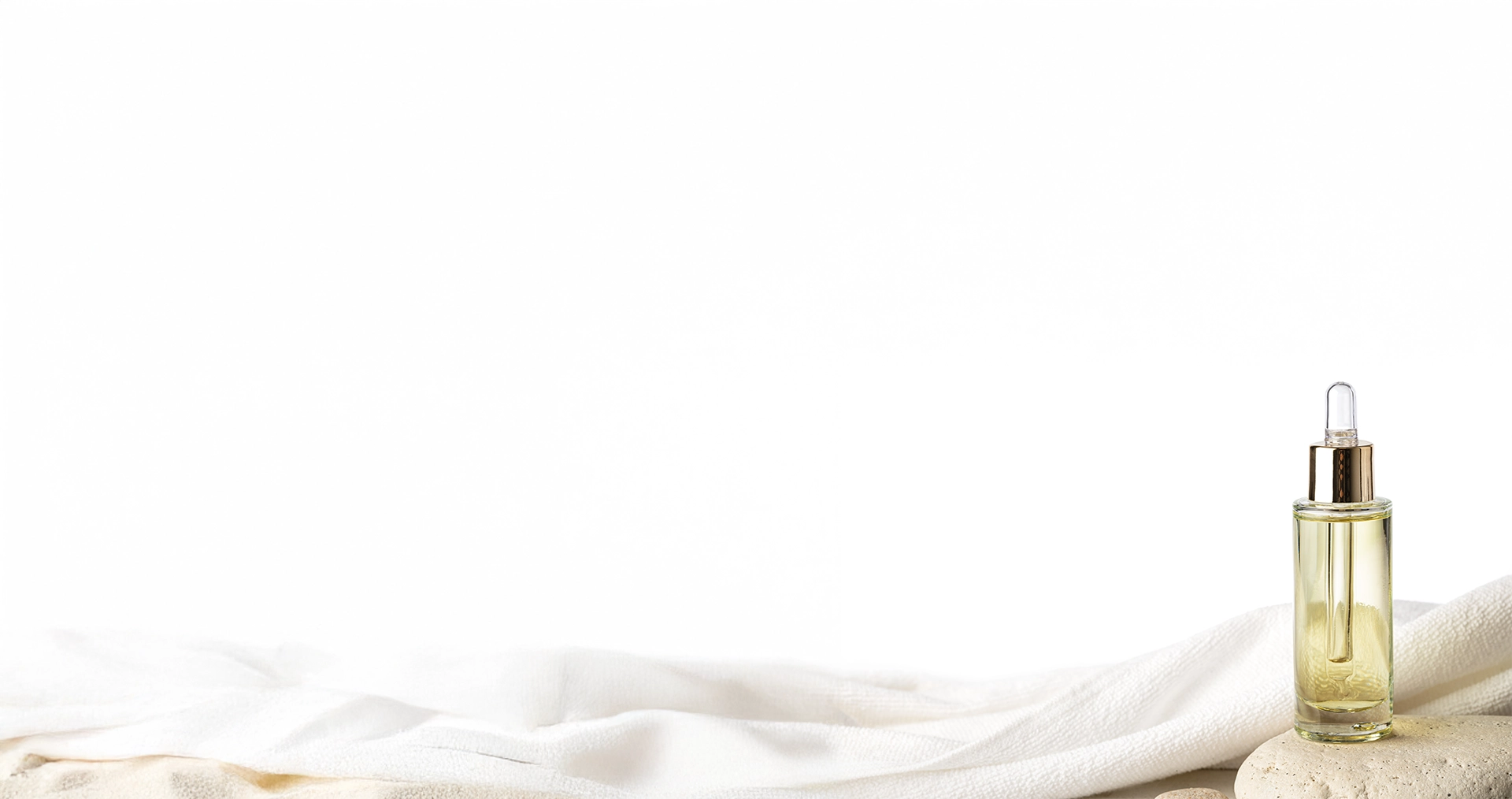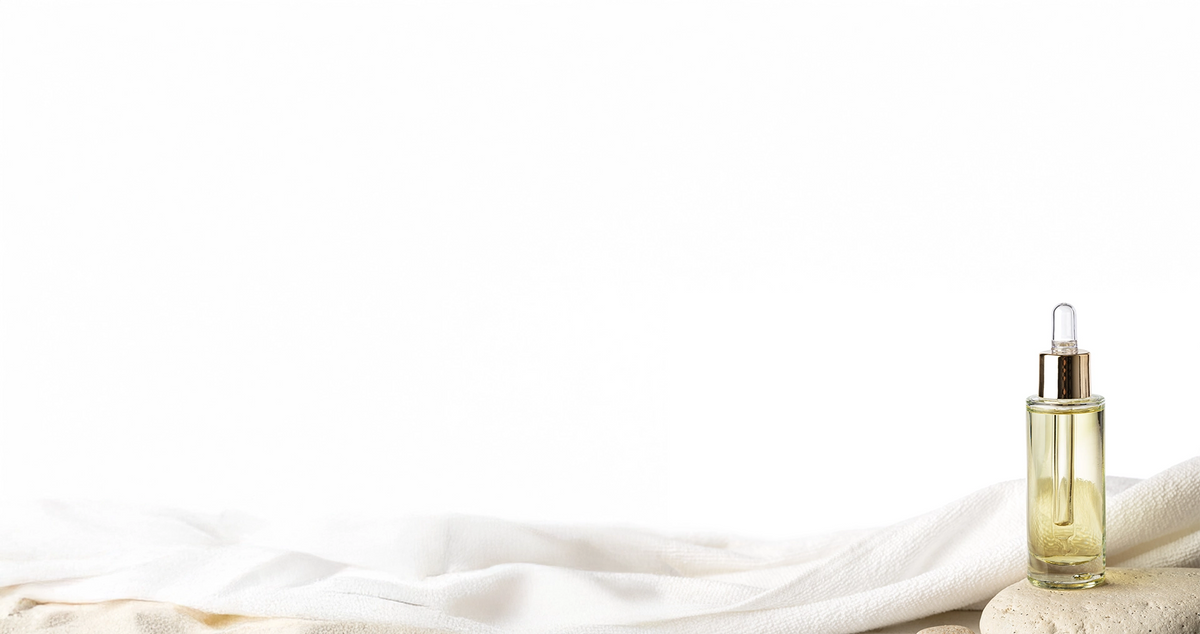

Spend $55 to Get Free USA Shipping



• Marula oil has been treasured for centuries by women in Southern Africa who used it to protect their skin and hair from the harsh desert climate. Talk about time-tested beauty wisdom!
• The oil comes from kernels of the “elephant tree” (Sclerocarya birrea), nicknamed for elephants’ love of its fruit. Each marula fruit contains a stone with 2-3 oil-rich kernels.
• Packed with antioxidants, omega-9 fatty acids, and vitamins C and E, marula oil contains 60% more antioxidants than most other oils used in skincare. No wonder it’s a superstar ingredient!
• Harvesting marula oil supports local communities, particularly women in rural Africa who collect and process the kernels. It’s beauty that gives back!
• Unlike heavier oils, marula’s molecular composition allows it to absorb quickly without leaving a greasy residue. Your skin drinks it up like a refreshing smoothie!
The story of marula oil begins in the sun-drenched landscapes of Southern Africa, where the marula tree (Sclerocarya birrea) has been revered as sacred for thousands of years. We're talking about a botanical superstar with deep cultural roots and a beauty legacy that's stood the test of time. Long before marula oil found its way into our modern serums and moisturizers, indigenous communities recognized its extraordinary properties and incorporated it into their daily lives.
Imagine women in rural villages across South Africa, Namibia, and Botswana, passing down the secret of marula oil from generation to generation. For centuries, they've harvested the fruit, cracked open the hard kernels, and extracted the precious golden oil to protect their skin and hair from the harsh African sun and dry climate. This wasn't just a beauty ritual—it was survival wisdom, carefully preserved and celebrated.
The marula tree itself is affectionately known as the "elephant tree," thanks to the elephants' notorious love affair with its sweet, aromatic fruit. But elephants aren't the only fans—the tree provides food, medicine, and materials for countless creatures, including humans. Indigenous communities have long used every part of this botanical wonder: the fruit for food and fermented drinks (ever heard of Amarula liqueur?), the bark for medicinal remedies, and the nuts for that liquid gold we now covet in our skincare routines.
What makes the cultural history of marula particularly special is its connection to women. In many African communities, marula harvesting and oil production have traditionally been women's work, providing economic independence and social standing. Today, many ethical marula oil producers maintain this tradition, creating sustainable income for women in rural communities. When you smooth marula oil onto your skin, you're connecting with a rich heritage of female entrepreneurship and traditional knowledge.
But what elevated marula from local treasure to global skincare sensation? The turning point came when modern science began to unravel the mysteries behind its effectiveness. In the early 2000s, researchers analyzing marula oil discovered an impressive nutritional profile that explained what traditional users had known intuitively for generations. The oil's abundance of antioxidants, particularly vitamin E and flavonoids, its stable oleic acid content, and its remarkable absorption properties made it not just good, but exceptional for skin health.
The luxury beauty industry quickly took notice. By the 2010s, marula oil had transitioned from obscurity to "it ingredient" status, featured in everything from high-end facial oils to hair products. Celebrity endorsements and glowing reviews helped cement its reputation as a premium skincare ingredient worth its weight in gold.
Beyond skincare, marula oil has found its way into culinary applications, where its nutty flavor enhances both sweet and savory dishes. It's also used in massage therapy, aromatherapy, and even pharmaceutical formulations exploring its potential anti-inflammatory and antimicrobial properties.
What's particularly fascinating about marula's journey is how it bridges ancient wisdom and cutting-edge science. While our ancestors may not have had gas chromatography or mass spectrometry to analyze its molecular composition, they recognized its value through observation and experience. Now, as we delve into the scientific evidence behind marula oil's skincare benefits, we're essentially confirming what those wise women in African villages discovered generations ago.
As we prepare to explore the fascinating research behind marula oil's effects on skin health, let's appreciate how this ingredient represents the perfect marriage of traditional knowledge and scientific validation—a golden elixir that has truly earned its place in our beauty routines.
Marula seed oil (Sclerocarya birrea) has become increasingly popular in skincare formulations, supported by both traditional knowledge and modern scientific research. This naturally-derived ingredient offers exceptional stability, hydration benefits, and protective properties that make it a valuable addition to cosmetic products.
Research has revealed that marula oil possesses remarkable oxidative stability, a critical factor in cosmetic formulation longevity. According to Chauke et al. (2025), marula oil demonstrates exceptional chemical stability and slow oxidation, being approximately ten times more resistant to lipid oxidation compared to olive oil. This inherent stability translates to longer shelf life and greater efficacy in finished products without requiring additional preservatives.
The chemical composition of marula oil largely explains its beneficial properties. Mashau et al. (2022) identified that marula oil contains a significant amount of mono-unsaturated oleic acid (63.19-67.25%), which exhibits anti-inflammatory properties and can inhibit amyloid plaque formation. Hetta (2016) similarly noted the high oleic acid content (75%), attributing marula oil’s effective antioxidant properties to this compound. This oleic acid-rich profile contributes to marula oil’s exceptional absorption capabilities and skin-compatibility.

Clinical evaluations substantiate marula oil’s effectiveness in addressing skin concerns. As documented by Shoko et al. (2018), clinical studies have confirmed that marula oil functions as a non-irritant, providing significant hydrating and moisturizing benefits to dry skin while delivering occlusive effects to normal skin. These properties help maintain the skin barrier function and prevent transepidermal water loss.
Traditional applications of marula oil in southern African communities, documented by both Shoko et al. (2018) and Hetta (2016), include its use as a moisturizer for skin, a treatment for damaged hair, and as a base for soap production. This historical utilization provides valuable ethnobotanical evidence supporting its contemporary applications in cosmetic formulations.
Beyond basic hydration, marula oil offers additional skincare benefits. Chauke et al. (2025) notes that marula seed oil contains proteins that combat stretch marks through anti-aging mechanisms. However, it is important to acknowledge that Shoko et al. (2018) found marula oil does not demonstrate significant anti-collagenase or anti-elastase activity, suggesting its anti-aging benefits occur through different pathways than enzyme inhibition.

The versatility of marula oil extends to hair care applications as well. Multiple sources, including Shoko et al. (2018) and Hetta (2016), highlight its traditional use as a treatment for dry, damaged, and fragile hair, likely due to its emollient and protective properties.
One limitation noted by Mashau et al. (2022) is marula oil’s relatively low B-tocopherol content, resulting in lower vitamin E levels compared to other nut oils. Despite this, its overall nutrient profile and stability make it an exceptional skincare ingredient.
In conclusion, scientific research substantiates marula oil’s effectiveness in skincare and cosmetic applications. Its exceptional stability, moisturizing capabilities, and traditional use history create a compelling case for its inclusion in modern formulations. These properties, combined with its natural origin and minimal processing requirements, position marula seed oil as an evidence-backed ingredient for consumers seeking effective, nature-derived skincare solutions.
Marula seed oil’s exceptional stability, moisturizing properties, and rich fatty acid profile make it a versatile ingredient in numerous beauty products. From daily moisturizers to specialized treatments, this African botanical has found its way into formulations addressing diverse skincare and haircare concerns.

• Marula oil’s high concentration of antioxidants and oleic acid makes it ideal for anti-aging facial serums. These products typically combine marula oil with other active ingredients to diminish the appearance of fine lines while providing a protective barrier against environmental stressors without clogging pores.
• The emollient properties of marula oil make it particularly effective in hair masks and leave-in conditioners designed for extremely damaged or chemically treated hair. These treatments penetrate the hair shaft, restoring elasticity and shine while forming a protective coating that prevents further damage from styling heat.
• For severely dry, flaking skin, particularly during winter months, marula oil is incorporated into rich balms and body butters. Its occlusive yet non-greasy texture helps repair the skin barrier while providing immediate relief from tightness and discomfort.
• Pure marula oil has gained popularity as a standalone product that can be applied directly to skin, hair, and cuticles. These multipurpose oils capitalize on marula’s quick absorption and lightweight feel, allowing for versatile application without the heavy residue associated with other natural oils.
• The protein content and elasticity-promoting properties of marula oil make it an excellent ingredient in specialized products designed to prevent and reduce the appearance of stretch marks during pregnancy. These formulations often combine marula with other botanical ingredients to support skin elasticity during periods of rapid change.
A silky, antioxidant-rich oil designed to deeply hydrate, smooth, and nourish skin from head to toe. Powered by barrier-supporting squalane, rosehip, and marula oils, this lightweight blend absorbs quickly to lock in moisture, soften texture, and protect against environmental stressors. Gentle and fast-absorbing, it leaves skin balanced, radiant, and never greasy - perfect for daily use on both face and body. (1.9 fl. oz)
Hakelo Chauke, Yardjouma Silue, Adeyemi Oladapo Aremu, Olaniyi Amos Fawole,
Nutritional values, phytochemical composition and bioactivities of Sclerocarya birrea (Marula) seeds and its potential applications: Current research and future directions,
South African Journal of Botany, Volume 179, 2025, Pages 188-197, ISSN 0254-6299, https://doi.org/10.1016/j.sajb.2025.02.008
Shoko, T., Maharaj, V.J., Naidoo, D. et al. Anti-aging potential of extracts from Sclerocarya birrea (A. Rich.) Hochst and its chemical profiling by UPLC-Q-TOF-MS. BMC Complement Altern Med 18, 54 (2018). https://doi.org/10.1186/s12906-018-2112-1
Hetta MH. Phytocosmetics in Africa. International Journal of Phytocosmetics and
Natural Ingredients. 2016;3:01. doi:10.15171/ijpni.2016.01.
Mashau, M. E., Kgatla, T. E., Makhado, M. V., Mikasi, M. S., & Ramashia, S. E. (2022). Nutritional composition, polyphenolic compounds and biological activities of marula fruit (Sclerocarya birrea) with its potential food applications: a review. International Journal of Food Properties, 25(1), 1549–1575. https://doi.org/10.1080/10942912.2022.2064491